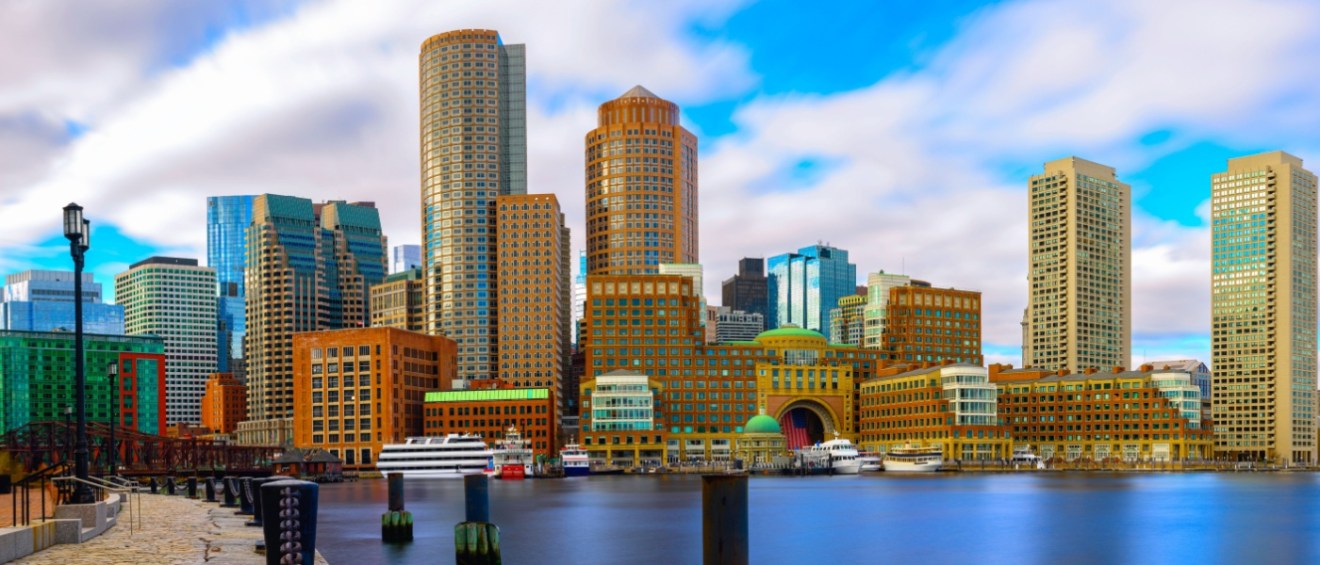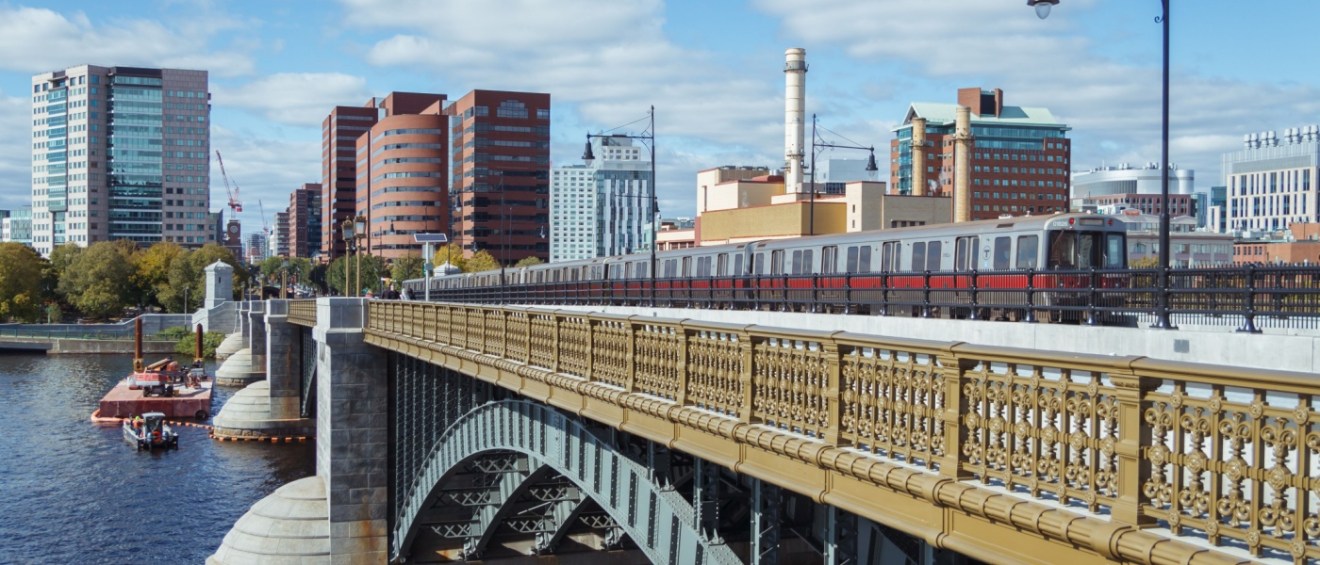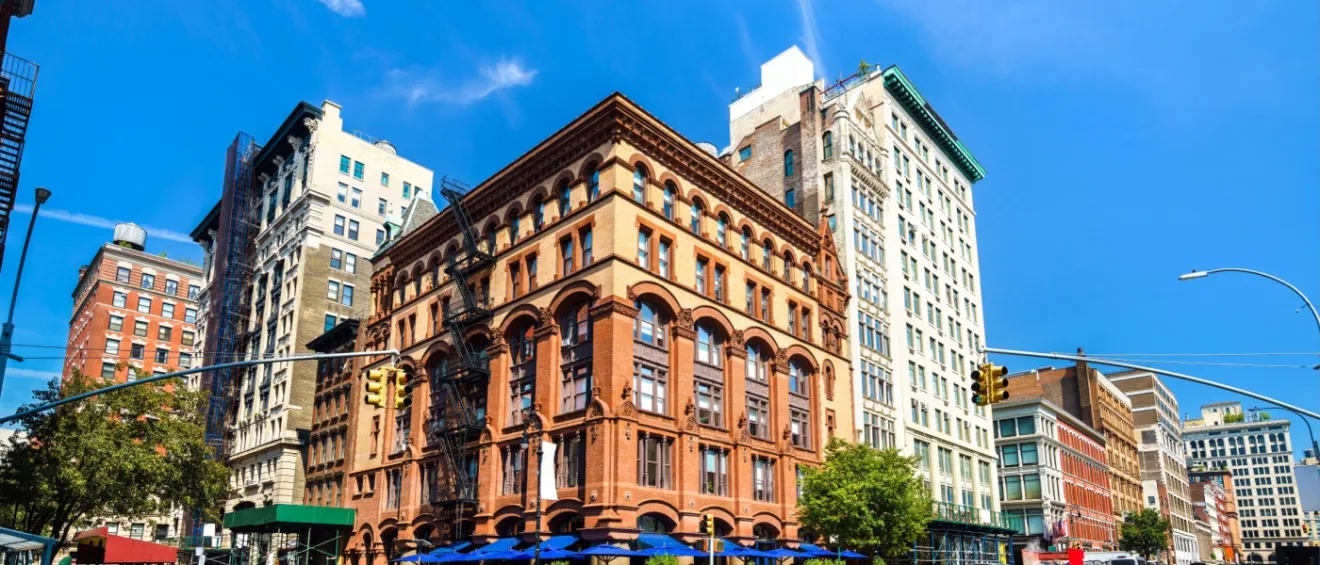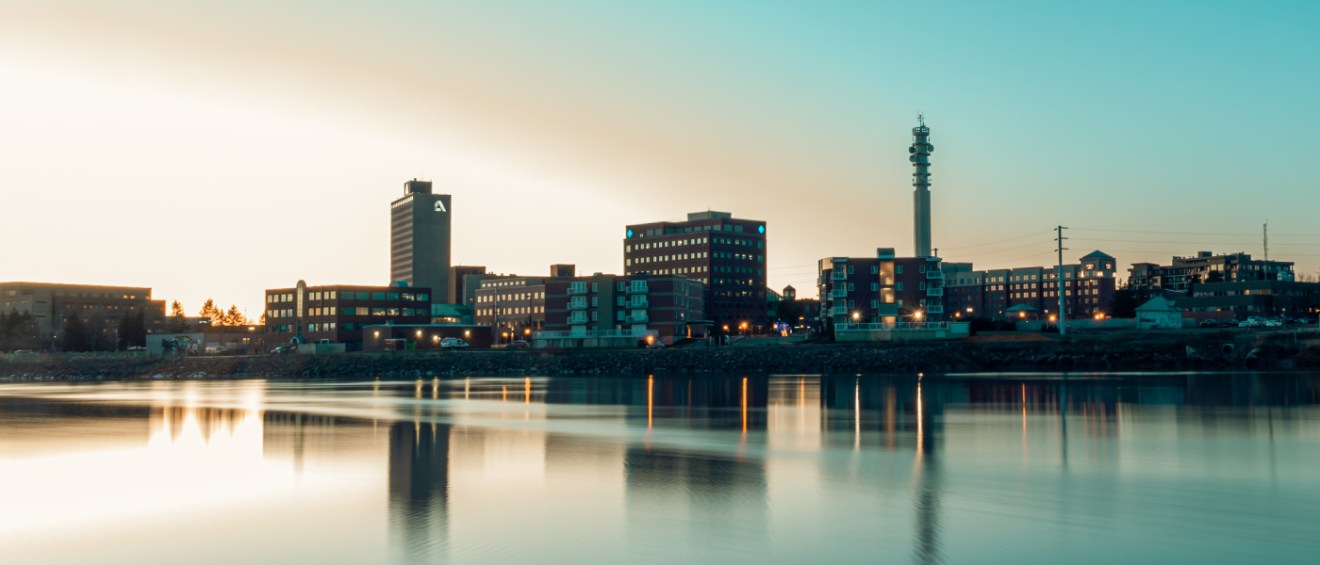What’s the Cost of Living in Boston? Here’s What to Expect as a Renter
Share this article:
Understanding the cost of living in Boston is key for renters planning a move to the city. From housing to health care, daily expenses in Boston can look very different compared to other places in Massachusetts or around the nation. Fortunately, knowing what to expect can help renters avoid financial stress and choose a rental apartment that fits both lifestyle and budget.
Boston is often seen as one of the most desirable cities in the U.S. thanks to its strong job market, world-class universities, walkable neighborhoods and historic charm. The city also offers a solid mix of career opportunities, especially in tech, health care, education and finance. With a mix of colonial architecture and modern development, Boston continues to attract renters from all across the country who are looking for a high-quality, urban lifestyle.
What is the average cost of living in Boston?
Boston is known for being one of the pricier cities on the East Coast, and renters here can expect costs to reflect that reputation. Although the city is walkable and well-connected by public transportation, the higher-than-average cost of housing, utilities and basic services means that budgeting carefully is a must. While every renter’s experience is different, understanding the overall picture helps when comparing the cost of living in Boston to other cities in Massachusetts or the U.S.
As of March 2025, the median household income in Boston is $94,755, which plays a big role in how residents manage local living expenses. For those moving from out of state, this often means adjusting to higher day-to-day expenses than they may be used to in other parts of the country.
Additionally, utilities, including heating and electricity, run about 50% higher than what’s typical nationwide. When it comes to everyday necessities like food and clothing, groceries cost roughly 4% more than the national average, whereas clothing is around 15% more expensive. Medical costs are another area where renters will feel the difference — health care services, including doctor and dentist visits, are about 25% higher in Boston. Even non-essential costs (like entertainment and personal grooming) come at a premium with prices sitting roughly 15% above the national average.
Understanding the cost of living in Boston
Breaking down the cost of living in Boston means going beyond broad averages. While comparing Boston to Massachusetts and national benchmarks offers a useful snapshot, it doesn’t always capture the day-to-day reality of living here. Granted, everyone budgets differently, so understanding how typical prices stack up for things like housing, groceries, and health care can make the cost of living in Boston feel more concrete and relatable.

To help you picture what life in the city might really cost, here’s a closer look at how common expenses add up in Boston.
- Housing (renting & buying): Keep in mind that the actual prices fluctuate a lot depending on the neighborhood, apartment size and fancy amenities, but here are some general numbers:
- Average monthly rent: $3,707
- Average home price: $1,039,939
- Mortgage rate: 6.9%
- Utilities: These basics are part of the deal, whether you’re renting or owning. Here’s how much you can expect to shell out in Boston:
- Energy bill (average per month): $371.03
- Phone bill (average per month): $190.24
- Food: Here are some ballpark prices for essential food items:
- Milk (per gallon): $4.76
- Eggs (per dozen): $3.03
- Bread (per loaf): $3.97
- Potatoes (per pound): $4.25
- Cheese (per pound): $5.29
- Ground beef (per pound): $6.96
- Health care: Here’s how much Boston residents spend, on average, to keep their health in check:
- Doctor’s visit: $222.77
- Dentist visit: $144.00
- Eye doctor (optometrist) visit: $161.33
- Transportation: Whether you drive or use public transit, getting around costs money. Here’s how much you can expect to pay in Boston for:
- Gasoline (per gallon): $3.33
- Getting tires balanced: $83.48
- Goods & services: This covers your shopping, personal care and fun money. Here’s a breakdown of these average prices in Boston:
- Men’s shirt: $39.88
- Women’s slacks: $33.64
- Boy’s jeans: $25.45
- Haircut: $45.67
- Beauty salon: $66.76
- Dry cleaning: $20.32
- Movie ticket: $15.39
Seeing these specific costs gives you a clearer picture of what your bank account might experience in Boston.
Is Boston a smart move for renters?
For many renters, the higher cost of living in Boston can be worth it depending on lifestyle preferences and job opportunities. Living in a city that offers both career growth and rich cultural experiences is a big draw. Plus, Boston’s size makes it manageable compared to larger metros like New York City or Los Angeles, while still offering big-city benefits. If you’re planning to move here, understanding the average cost of living in Boston will help you set realistic expectations and budget wisely.
Ultimately, choosing to rent in Boston means weighing both the financial investment and the value of the lifestyle that the city offers. Whether you’re looking to be close to work, school or some of the best seafood in the country, knowing the cost of living in Boston ahead of time helps you make confident decisions. So, if you’re ready to find your next apartment in Boston, make sure you’re informed — and ready to make the most of everything the city has to offer.
Share this article:
Florin Petrut is a real estate writer and research analyst with RentCafe, using his experience as a social media specialist and love for storytelling to create insightful reports and studies on the rental market. With a strong interest in the renter experience, he develops data-driven resources that explore cost of living, affordable neighborhoods, and housing trends, helping renters make informed decisions about where and how they live. Florin holds a B.A. in Journalism and an M.A. in Digital Media and Game Studies.
The Ready Renter has your back
Tips, news, and research curated for renters, straight to your inbox.




Related posts
Subscribe to
The Ready Renter newsletter







